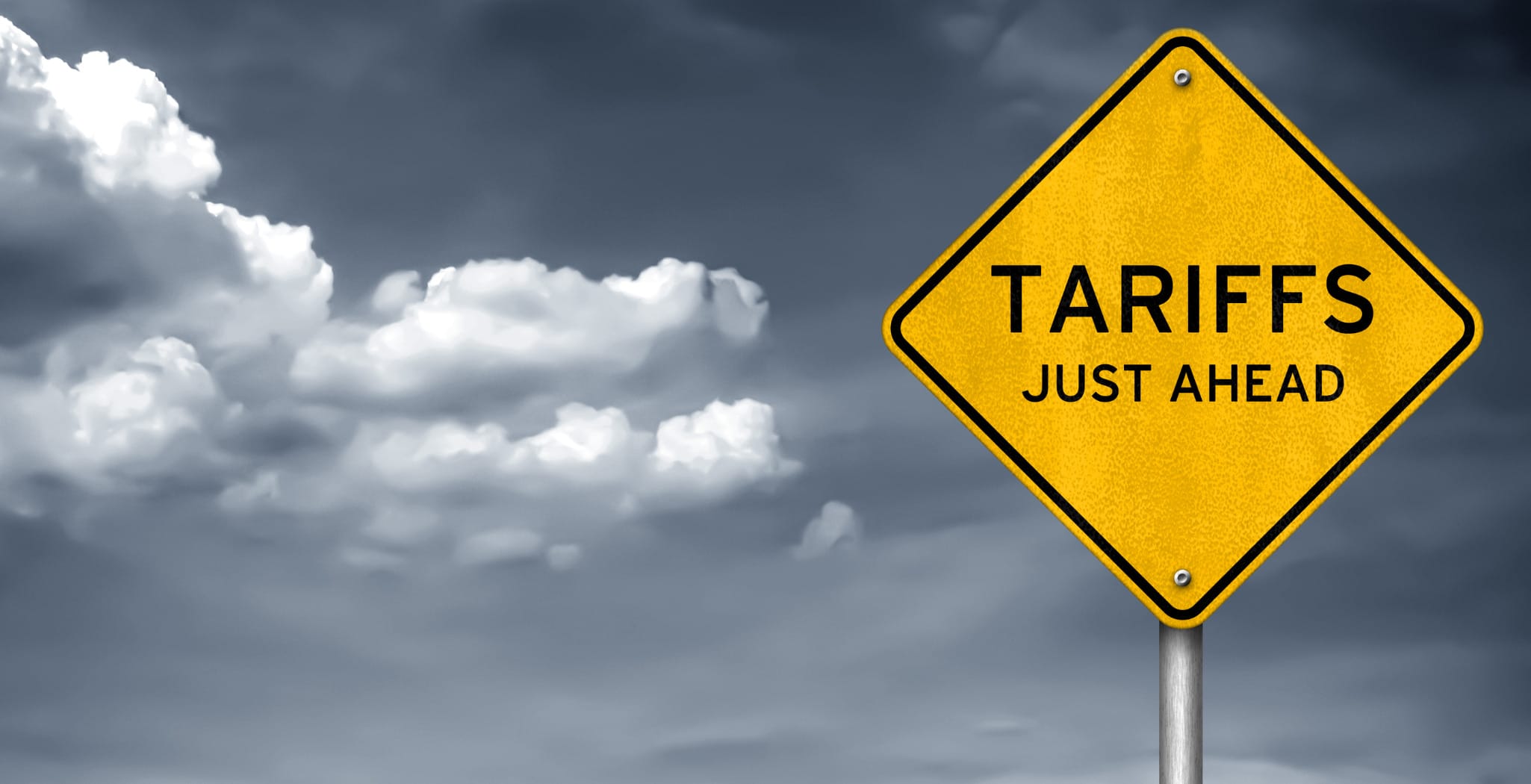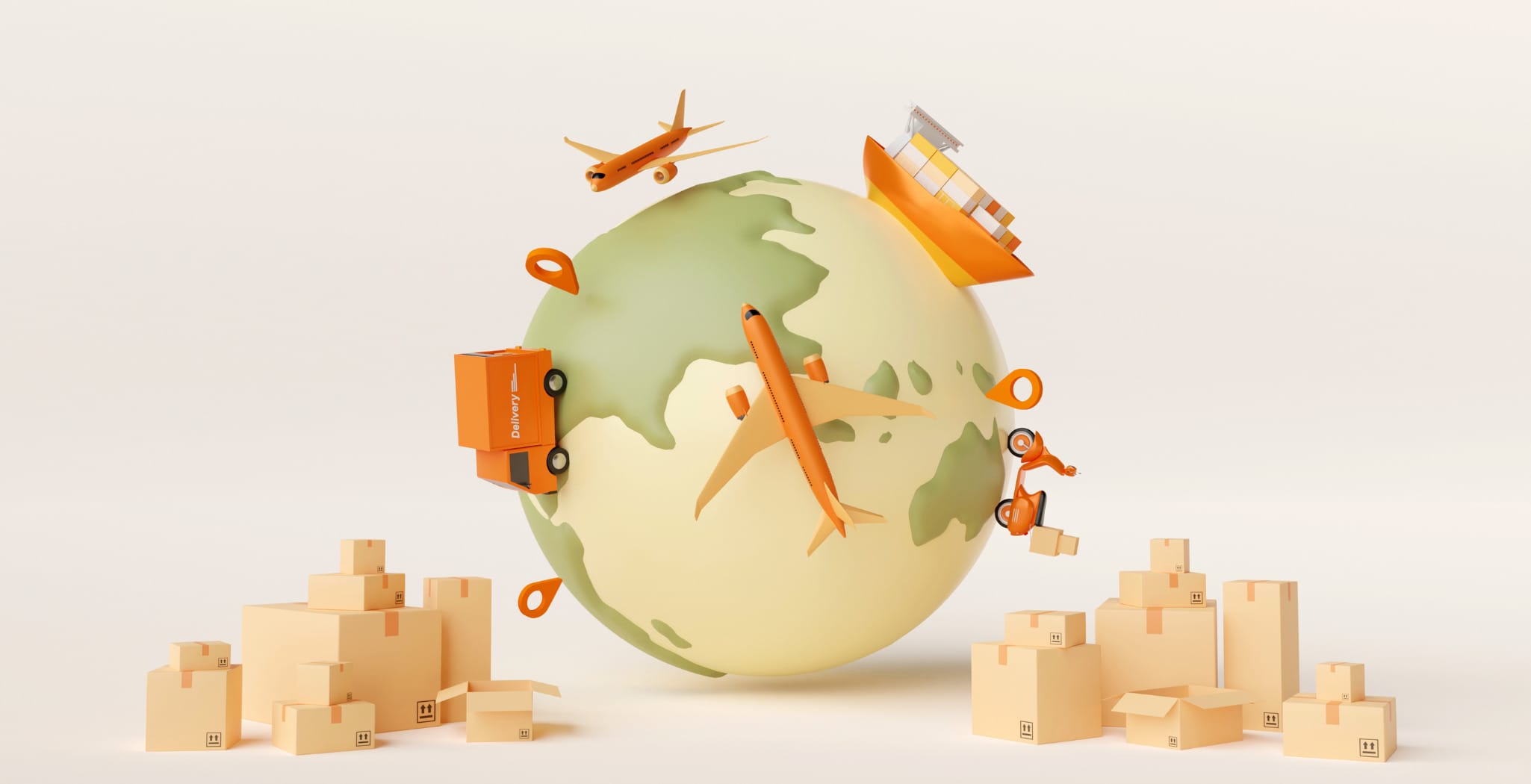Outsourcing makes customers nervous. Here’s how you can help reassure them.
(FORUTNE Small Business) — Dear FSB: My two partners and I own and operate our own factories in China. With the anti-China trend these days, how do we find companies that are looking to go overseas but do not have a trusted partner? We hold ourselves to U.S. and European standards, but we’re still having to search for businesses to whom we can provide our contract manufacturing services.
– Carlos Valdes, World Manufacturing Group, Philadelphia, Pa.
Dear Carlos: When putting a Western face on an Eastern service, don’t discount good old-fashioned face-to-face conversation.
This can be done at tradeshows, during one-on-one sales calls, or with networking among industry trade groups. Being completely transparent about your business reassures potential clients, so show photographs and encourage visits to your plant even if a client relationship hasn’t been established yet. Be as detailed as you can with information about your years in service, references, number of employees, biographies of the management team, and products currently being rolled out of your plant.
Is sourcing in China worth it?
Most importantly, always be ready to discuss a worst-case scenario and a back-up plan, advises David Alexander, president of BaySource www.baysourceglobal.com , a Tampa, Fla., firm that assists U.S. companies in developing China outsourcing strategies.
Companies don’t budget for failure, and anything you can do to reassure them that you have contingencies covered will help reduce indecision and anxiety. Be honest and realistic about cost projections, production rates and potential issues that may arise. Even if there are negatives, offset them by listing all the world-class quality standards that your plant has met (such as ISO or UL) and offering quality and service guarantees. For example, you could promise that no portion of the manufacturing will be subcontracted, and that all client phone calls will be returned within 24 hours.
“It is paramount to recognize and be able to articulate that the product being provided is actually a service,” Alexander says. “A trusted set of hands mitigates the inherent risk associated with entrusting a project to an unfamiliar source in China.”
Would you trust a plant in China? How do you convince customers your overseas operations are high-quality? Join our discussion.
Take your business global
With a little innovation, who needs outsourcing?




Follow Us